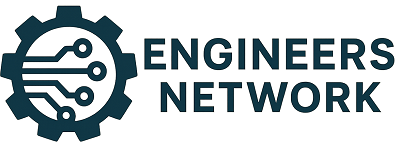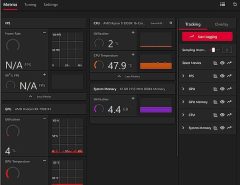Cloud engineering is a highly specialized and growing field. With the cloud becoming more popular, there are many opportunities for professionals in this industry to find work. However, it’s important that you know what your capabilities are before seeking out a position. While coding isn’t always required for cloud engineers, it can be helpful if you have some basic knowledge of HTML, CSS and JavaScript before applying for certain roles within an organization.
Does cloud engineering require coding?
The answer is no. Cloud computing engineers do not always need to know how to code. Cloud engineering is a broad term that covers a wide range of disciplines, including systems engineering, architecture, DevOps and security. While it is certainly possible for cloud engineers to be developers themselves (and many are), they don’t necessarily need to know how to code in order to perform their jobs effectively. That said, because of the vast amount of knowledge required by a cloud engineer—including concepts such as networking protocols and infrastructure management—it’s likely that an individual working in this field will have some level of technical proficiency when it comes to coding languages like Python or Ruby on Rails–and if you do want a career as an actual developer after getting your feet wet with cloud engineering? Well then: more power! There are a few key positions that don’t require you to know how to code including;
* Information Technology manager
As an IT manager, you’re responsible for the information technology infrastructure of an organization. This means that you will be responsible for making sure all software, hardware and other systems work together as a cohesive unit.
You may not need to know how to code or build systems yourself, but it is important that you understand enough about what your team does in order to ensure that everything runs smoothly and efficiently.
* Business Analyst
Business analysts are responsible for understanding the business requirements of the project they are working on. Business analysts translate these requirements into technical specifications that can be implemented by developers. They often work with a team of developers to ensure that the system meets the needs of the business, while ensuring it is designed as cost-efficiently as possible.
* Technical Support engineer
A Technical Support engineer is a combination of customer service and technical knowledge. They are responsible for handling the majority of questions that come in from our customers. They need to be able to communicate with customers clearly and effectively. If you’re interested in this role, you should know:
- Your job will include the following responsibilities:
- Helping customers troubleshoot problems or bugs they are having with their product or service
- Escalating issues when they can’t be solved by yourself (or another support engineer)
- The ideal candidate should have experience working as an online customer service representative
* Cloud Engineer
The term cloud engineer can encompass a variety of positions, from the highly technical to the more business-oriented. The following are some examples:
- Cloud Software Engineer: This person builds software for use in the cloud. They might build a mobile app or website that runs on a cloud provider’s platform (e.g., Amazon Web Services). They can also work on applications that run on desktops and laptops but connect to their services via APIs (Application Programming Interfaces).
- DevOps Engineer: This person manages web applications and other infrastructure used by developers. Their job is to make sure they have everything they need to build out new features or fix bugs quickly—including access to systems such as databases, networks, storage drives and servers.
- Cloud Data Scientist/Engineer: This person uses machine learning techniques like artificial neural networks (ANNs) or deep learning algorithms to analyze large data sets generated by customers using your products over time—such as streams of tweets mentioning your brand name versus those who do not mention it at all . These analyses can help you identify trends related.
Conclusion
Cloud engineering is a growing field that requires people who are not only knowledgeable in the cloud but also comfortable working on their own. That said, there are many different roles within this field and not all require coding skills. If you want to become a cloud engineer then it’s important to know what kind of job you would like before entering into any program or degree program because some schools offer specific courses which can help prepare students for careers in this area such as NYU Tandon School Of Engineering which offers courses such as “Big Data Analytics” where students learn how to analyze large amounts of data using machine learning algorithms while also learning Python programming language.”






Leave a Reply